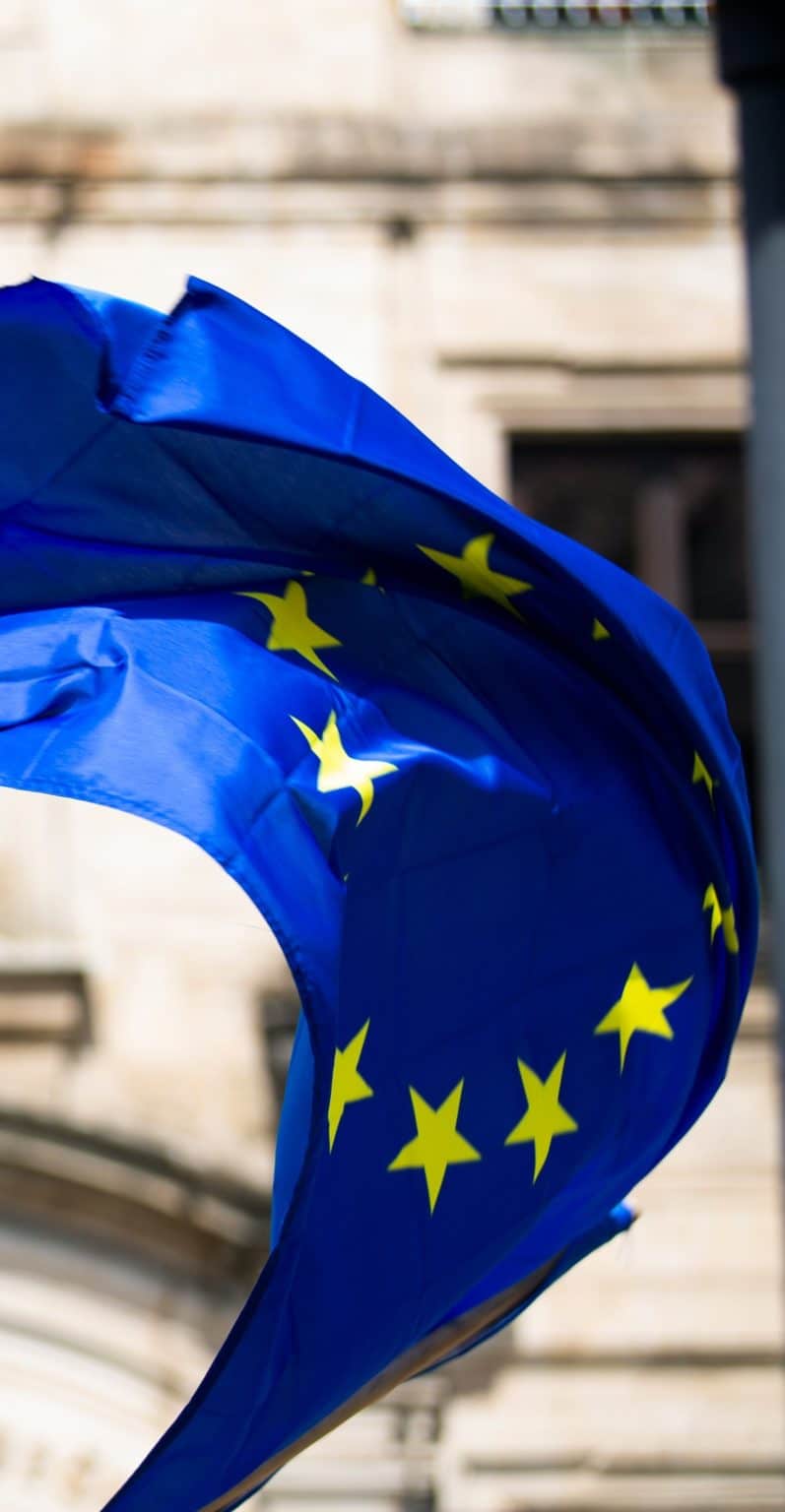Questions for the Europeans on Ukraine’s Reconstruction
Potential donors will meet in Berlin on Oct. 25 to plan for Ukraine’s reconstruction. The last meeting in July at Lugano failed to produce a plan and the principles it collectively espoused were muddled and contradictory. In recent weeks the debate on Ukrainian’s reconstruction has been gathering pace.
This has been driven in part by the urgent need to get shelter and services into those areas liberated by the Ukrainian army, and in part by the thud of the World Bank led Rapid Damage and Needs Assessment (RDNA) report landing on the desks of G7, NATO and EC Chanceries in late September.
Over the next 36 months the RDNA assesses that at least $105 billion is needed to address urgent needs such as restoring education and health systems and infrastructure, preparing for the upcoming winter through restoration of heating and energy to homes, support to agriculture, and repair of vital transport routes.
There are all sorts of live debates about who and how the reconstruction should be funded, organised and led. These range from ‘why bother to rebuild Russia will blow it up again’ through arguments about the moral relativism of diverting aid from the global south to detailed technical arguments about terms of loans and seizures of Russian assets.
See earlier my earlier blog posts on arguments over how the international community’s response should be led along with concerns over duplication.
This month though the focus is squarely on the Europeans in the run up to the Berlin Conference.
The Commission faces 3 questions in relation to their efforts – at the instruction of the European Council on 30 May 2022 – to create a Ukrainian reconstruction platform which would bring together the Ukrainian government, the European Union and its Member States as well as international partners.
- What progress has been made in developing proposals for the creation of the Ukraine Reconstruction Platform?
- What mechanisms and processes has the Commission developed to ensure transparency and the participation of international and national civil society groups in the platform?
- In cooperation with the Commission, the German government is hosting the International Expert Conference on the Recovery, Reconstruction and Modernisation of Ukraine in Berlin on 25 October 2022[2]. What are the agenda and the objectives of the event, and how does it form part of the process of setting up the platform?

